[Anchor]
Jeju Island is making various efforts to wash away its reputation for being expensive and unfriendly.
They are providing travel subsidies, lowering fees for beach facilities, and actively working to welcome more tourists.
Reporter Min So-young has the details.
[Report]
As soon as they arrive at Jeju Airport, tourists head to the tourist information center.
["You can use the local currency wherever you see the '' affiliate stickers."]
Each visitor receives 30,000 won in local currency.
If a group of 15 or more visits, Jeju provides travel subsidies.
The local currency can be used across the island at restaurants, souvenir shops, and more, helping boost local consumption.
Travel subsidy applications must be submitted up to a week before arrival, and so far this year, over 1,100 applications have been received.
[Cho Jung-joo/Tourist: "Since there's the special support program, we thought, 'Might as well do it in Jeju,’ and came here. We hope this opportunity helps the local economy."]
Tourists enjoy the clear waters and beautiful sandy beaches.
Rental prices for parasols and mats, which sparked controversy last year, have been cut by 50% at all 12 designated beaches in the province, creating uniform, affordable pricing.
Thanks to these efforts, Jeju is slowly winning back tourists who had turned away.
Tourism in Jeju, which declined by over 10% last March, saw a rebound last month. This month, numbers are up by more than 6%.
[Choi Moon-jung, Shin Ye-eun, Choi Moon-seok/Tourists: "The food prices seemed cheaper than expected, and the rental costs for parasols are somewhat similar to those in Gangwon-do."]
There is growing interest in whether Jeju can fully regain its reputation as Korea’s top tourist destination by overcoming past criticisms of overcharging and unfriendliness.
This is KBS News, Min So-young reporting.
Jeju Island is making various efforts to wash away its reputation for being expensive and unfriendly.
They are providing travel subsidies, lowering fees for beach facilities, and actively working to welcome more tourists.
Reporter Min So-young has the details.
[Report]
As soon as they arrive at Jeju Airport, tourists head to the tourist information center.
["You can use the local currency wherever you see the '' affiliate stickers."]
Each visitor receives 30,000 won in local currency.
If a group of 15 or more visits, Jeju provides travel subsidies.
The local currency can be used across the island at restaurants, souvenir shops, and more, helping boost local consumption.
Travel subsidy applications must be submitted up to a week before arrival, and so far this year, over 1,100 applications have been received.
[Cho Jung-joo/Tourist: "Since there's the special support program, we thought, 'Might as well do it in Jeju,’ and came here. We hope this opportunity helps the local economy."]
Tourists enjoy the clear waters and beautiful sandy beaches.
Rental prices for parasols and mats, which sparked controversy last year, have been cut by 50% at all 12 designated beaches in the province, creating uniform, affordable pricing.
Thanks to these efforts, Jeju is slowly winning back tourists who had turned away.
Tourism in Jeju, which declined by over 10% last March, saw a rebound last month. This month, numbers are up by more than 6%.
[Choi Moon-jung, Shin Ye-eun, Choi Moon-seok/Tourists: "The food prices seemed cheaper than expected, and the rental costs for parasols are somewhat similar to those in Gangwon-do."]
There is growing interest in whether Jeju can fully regain its reputation as Korea’s top tourist destination by overcoming past criticisms of overcharging and unfriendliness.
This is KBS News, Min So-young reporting.
■ 제보하기
▷ 카카오톡 : 'KBS제보' 검색, 채널 추가
▷ 전화 : 02-781-1234, 4444
▷ 이메일 : kbs1234@kbs.co.kr
▷ 유튜브, 네이버, 카카오에서도 KBS뉴스를 구독해주세요!
- Jeju fights to win back tourists
-
- 입력 2025-07-09 00:15:01
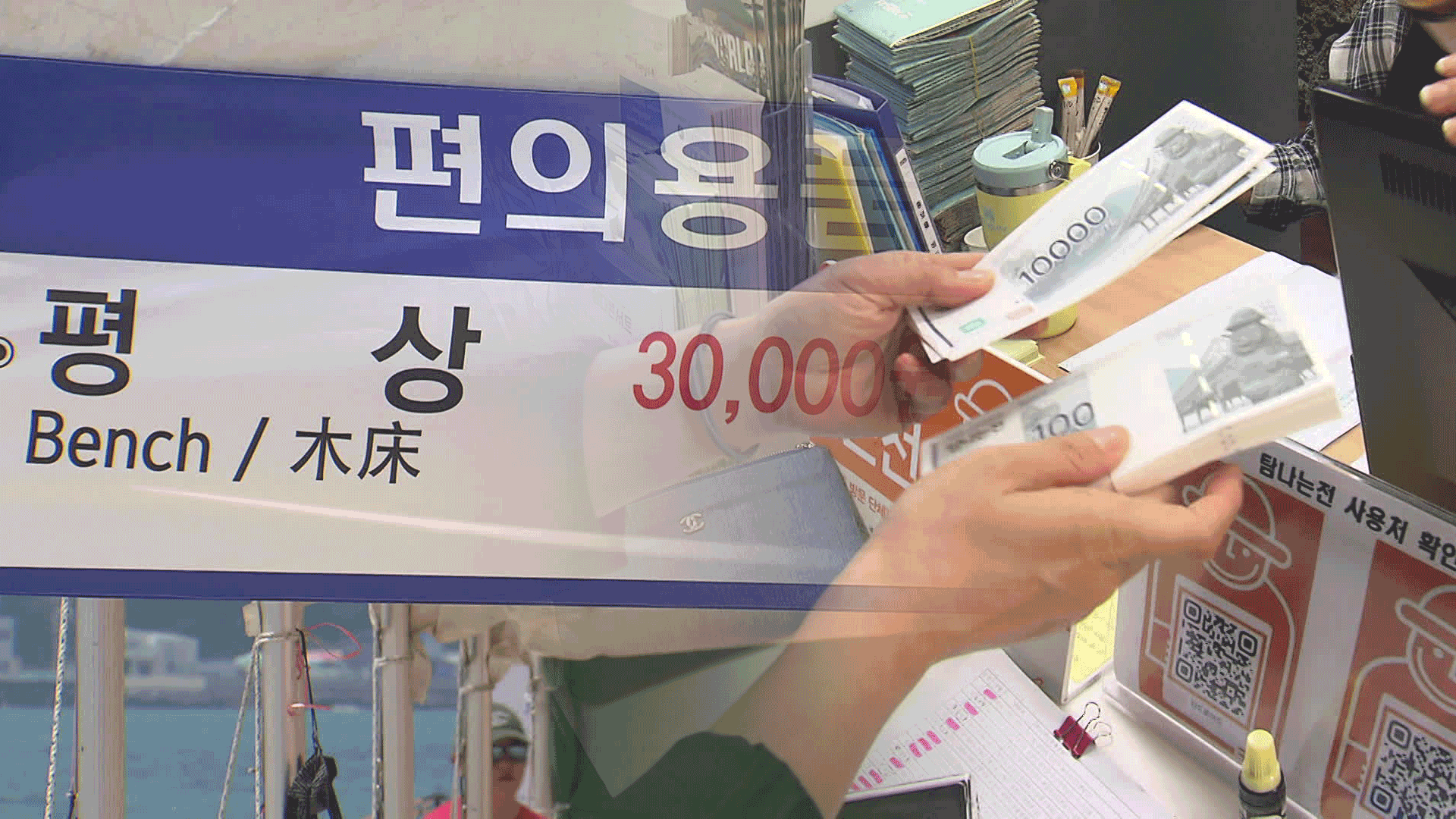
[Anchor]
Jeju Island is making various efforts to wash away its reputation for being expensive and unfriendly.
They are providing travel subsidies, lowering fees for beach facilities, and actively working to welcome more tourists.
Reporter Min So-young has the details.
[Report]
As soon as they arrive at Jeju Airport, tourists head to the tourist information center.
["You can use the local currency wherever you see the '' affiliate stickers."]
Each visitor receives 30,000 won in local currency.
If a group of 15 or more visits, Jeju provides travel subsidies.
The local currency can be used across the island at restaurants, souvenir shops, and more, helping boost local consumption.
Travel subsidy applications must be submitted up to a week before arrival, and so far this year, over 1,100 applications have been received.
[Cho Jung-joo/Tourist: "Since there's the special support program, we thought, 'Might as well do it in Jeju,’ and came here. We hope this opportunity helps the local economy."]
Tourists enjoy the clear waters and beautiful sandy beaches.
Rental prices for parasols and mats, which sparked controversy last year, have been cut by 50% at all 12 designated beaches in the province, creating uniform, affordable pricing.
Thanks to these efforts, Jeju is slowly winning back tourists who had turned away.
Tourism in Jeju, which declined by over 10% last March, saw a rebound last month. This month, numbers are up by more than 6%.
[Choi Moon-jung, Shin Ye-eun, Choi Moon-seok/Tourists: "The food prices seemed cheaper than expected, and the rental costs for parasols are somewhat similar to those in Gangwon-do."]
There is growing interest in whether Jeju can fully regain its reputation as Korea’s top tourist destination by overcoming past criticisms of overcharging and unfriendliness.
This is KBS News, Min So-young reporting.
Jeju Island is making various efforts to wash away its reputation for being expensive and unfriendly.
They are providing travel subsidies, lowering fees for beach facilities, and actively working to welcome more tourists.
Reporter Min So-young has the details.
[Report]
As soon as they arrive at Jeju Airport, tourists head to the tourist information center.
["You can use the local currency wherever you see the '' affiliate stickers."]
Each visitor receives 30,000 won in local currency.
If a group of 15 or more visits, Jeju provides travel subsidies.
The local currency can be used across the island at restaurants, souvenir shops, and more, helping boost local consumption.
Travel subsidy applications must be submitted up to a week before arrival, and so far this year, over 1,100 applications have been received.
[Cho Jung-joo/Tourist: "Since there's the special support program, we thought, 'Might as well do it in Jeju,’ and came here. We hope this opportunity helps the local economy."]
Tourists enjoy the clear waters and beautiful sandy beaches.
Rental prices for parasols and mats, which sparked controversy last year, have been cut by 50% at all 12 designated beaches in the province, creating uniform, affordable pricing.
Thanks to these efforts, Jeju is slowly winning back tourists who had turned away.
Tourism in Jeju, which declined by over 10% last March, saw a rebound last month. This month, numbers are up by more than 6%.
[Choi Moon-jung, Shin Ye-eun, Choi Moon-seok/Tourists: "The food prices seemed cheaper than expected, and the rental costs for parasols are somewhat similar to those in Gangwon-do."]
There is growing interest in whether Jeju can fully regain its reputation as Korea’s top tourist destination by overcoming past criticisms of overcharging and unfriendliness.
This is KBS News, Min So-young reporting.
이 기사가 좋으셨다면
-
좋아요
0
-
응원해요
0
-
후속 원해요
0










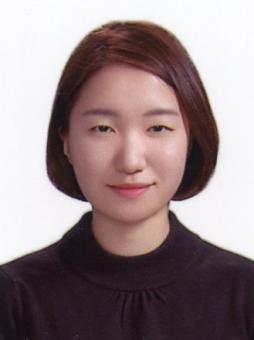
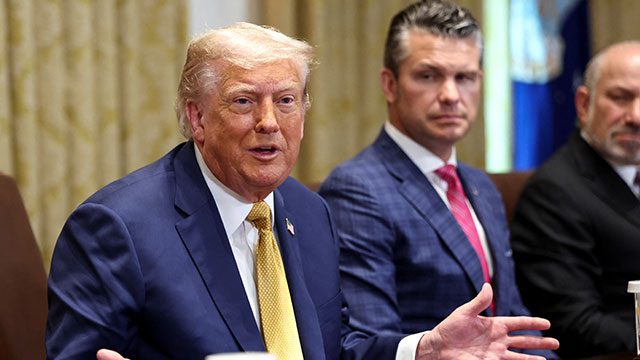
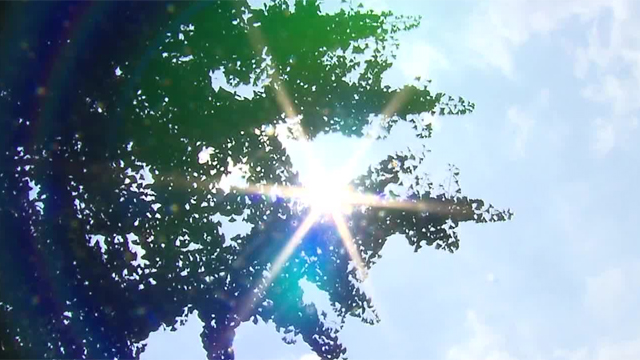
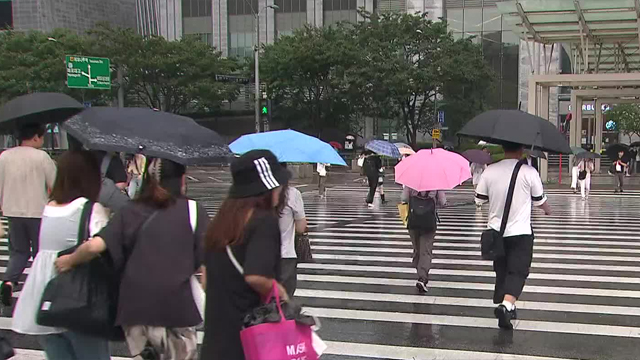
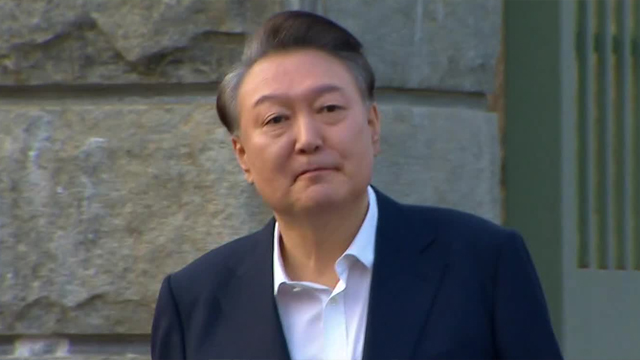

이 기사에 대한 의견을 남겨주세요.